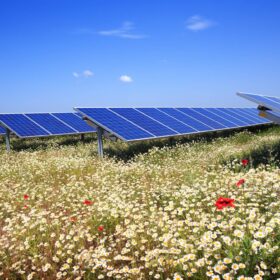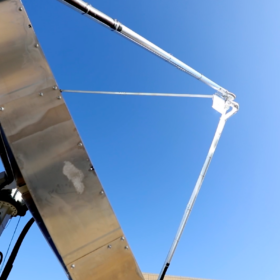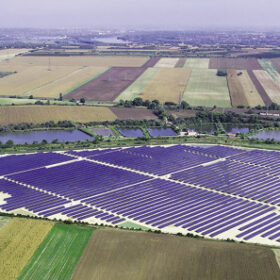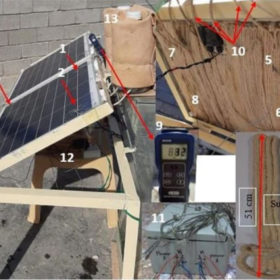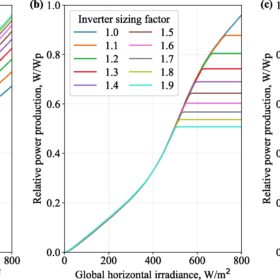Building nature-friendly solar parks
Hungarian company SolServices has published a white paper outlining ways to make solar farms more compatible with nature and wildlife, from insects and amphibians to birds, bats, rodents and big game.
The Hydrogen Stream: Swiss team sets record solar-to-hydrogen rate
Researchers from Switzerland’s École Polytechnique Fédérale de Lausanne have unveiled a new solar dish plant design, while Plug Power has delivered its first electrolyzer system to Europe.
Dutch city installs solar footpath
Hungary’s Platio has inaugurated a solar footpath in the Dutch city of Groningen. The installation consists of 2,544 monocrystalline Patio solar pavers with a 21.8% efficiency rating. It will generate 55,000 kWh of electricity per year and can purportedly withstand a pressure of 2 tons without microcracks.
Hungarian solar is on the rise but much needs to be resolved
PV deployment is gathering pace in the EU member state but grid capacity shortfalls and unpredictable shifts in government policy need to be addressed if the nation is to harness its full solar – and European energy security – potential.
Croatia, Hungary, Portugal to face EU sanctions for not promoting renewables
The European Commission has decided to refer three member states to the Court of Justice of the European Union (CJEU) for failing to turn the EU Renewable Energy Directive into national legislation. The commission is now requesting financial sanctions.
Hungary concludes fourth renewables auction with average price of $0.062/kWh
Hungary’s latest renewables auction involved just 12 successful projects, with contracts for around 864 GWh of power.
CATL unveils plans for 100 GWh battery plant in Hungary
China’s Contemporary Amperex Technology Co. Ltd. (CATL) has announced plans to invest €7.34 billion ($7.6 billion) to build a 100 GWh battery plant in Debrecen, Hungary. It will be the company’s second battery cell manufacturing facility in Europe.
Cooling down solar modules with cotton wicks immersed in water
The novel technique consists of attaching cotton wicks immersed in the water (CWIWs) to the backside photovoltaic module. The water is supplied to cotton wicks from top to bottom by gravity which the scientists said helps the effective absorption of cotton and reduces water consumption.
The right tilt angle, inverter sizing, row spacing for optimal yield forecast
Researchers in Hungary have found that a high tilt angle may increase power forecast errors in a PV installation by up to 49%. They also ascertained that
undersizing the inverters by a sizing factor of 1.5 may reduce forecast errors by up to 25%.
EU energy fund to commit $514 million for solar projects at Romanian mining waste sites
Panels will be installed at waste sites in five mining towns as part of the latest, €2.4 billion ($2.57 million) round of investment from a fund set up to help coal-dependent European member states with the energy transition.
